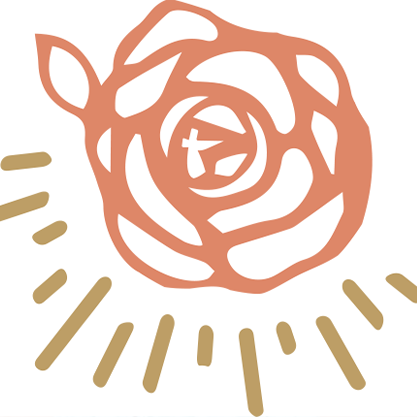Have you ever wondered how to show your support for the veterans in your life? The people that fought for our freedoms often go under-appreciated once their service days are behind them. But, it shouldn’t be that way as these heroes need us now just as much as we needed them then. In today’s GIVEN blog, we touch on a few ways to help those who have served us in the front lines.
Encourage education.
Veterans have access to financial assistance many of us do not. The G.I. Bill and other veteran education benefits make going back to school less of a burden for vets of all ages. Encourage the veteran in your life to take advantage of these post-service perks. They might, for example, complete or earn their bachelor’s degree in an occupation that continues to allow them to serve their communities. One example here is going back to school to become a teacher and earning a teaching license. Help them submit their transcripts and learn about state-specific requirements, such as testing needed for licensure and the type of background check that would be performed. You never know, you may just find your own calling as a teacher while you do your research.
Mentor.
A mentor is a person that uses their experiences in life to help others be the best versions of themselves. As a mentor through GIVEN, you can work with young veterans and others of the Catholic faith and help them develop their own leadership gifts.
Offer a helping hand.
There are many ways to offer a hand up to the veterans in your community. One idea is to offer transportation assistance to former active-duty servicemembers needing help getting to and from the doctor’s office, grocery store, or shopping center. You might also volunteer to cook and serve or deliver food to veterans. This is especially important in a post-COVID age where many vets remain plagued by food shortages.
Visit your local VA.
Find your local Veterans Administration hospital to ask about volunteer opportunities. This might be something as simple as delivering flowers and gifts to patient rooms or working as a peer counselor. If you don’t have a VA near you, you can get together with your friends and family to send cards or letters to those in the military community. Operation We Are Here shares dozens of ways to communicate with vets both near and far.
Start a non-profit.
Launching your own non-profit agency is a labor of love that allows you to focus on bringing much-needed support to those in need. Harbor Compliance’s state-by-state guide offers a quick snapshot of everything you need to know to start a nonprofit. Steps include picking a name, paying an incorporation fee or business license fee, and filing as a 501(c) or other nonprofit entity. If you’d like more information about how to start your own nonprofit, please listen to Fiscally Fit founder Cassie Panzenbeck’s GIVEN Academy talk on the subject.
Fight against veteran homelessness.
At any given time, there are between 107,000 and 840,000 homeless veterans in the United States. This is a travesty that’s perpetuated by mental illness, high real estate prices, and many other influencing factors. You can help fight against this by volunteering with organizations like the National Coalition for Homeless Veterans. You might also work with your local Habitat for Humanity or veteran-centered homeless shelter.
Embrace the power of prayer.
Regardless of what you do to help veterans in your community, don’t forget about the power that prayer can have in our lives. Ask God to help those who are less fortunate, or who are having a difficult time finding their footing. Simple Catholic Living has a prayer that expresses how important veterans are in our lives, and allows us to express that sentiment in a very beautiful and meaningful way.
As a woman of the Catholic faith, there are many things that you can do using your innate talents and skills to help those in need. When those around you that need the most help are veterans, the tips listed above can help you make a difference in your community. Our veterans have already served and now it is our turn to serve them.

Rhonda Underhill
Rhonda Underhill committed herself to a healthier lifestyle after her husband, Pete, suffered a heart attack at 54. She now loves going for nature walks, kayaking, and tennis. She created getwellderly.com to share her passion for diet and exercise with other people her age, encouraging adults approaching their golden years to get serious about their physical health now rather than later. Today, Rhonda and Pete are both 60 and training for their first marathon.


